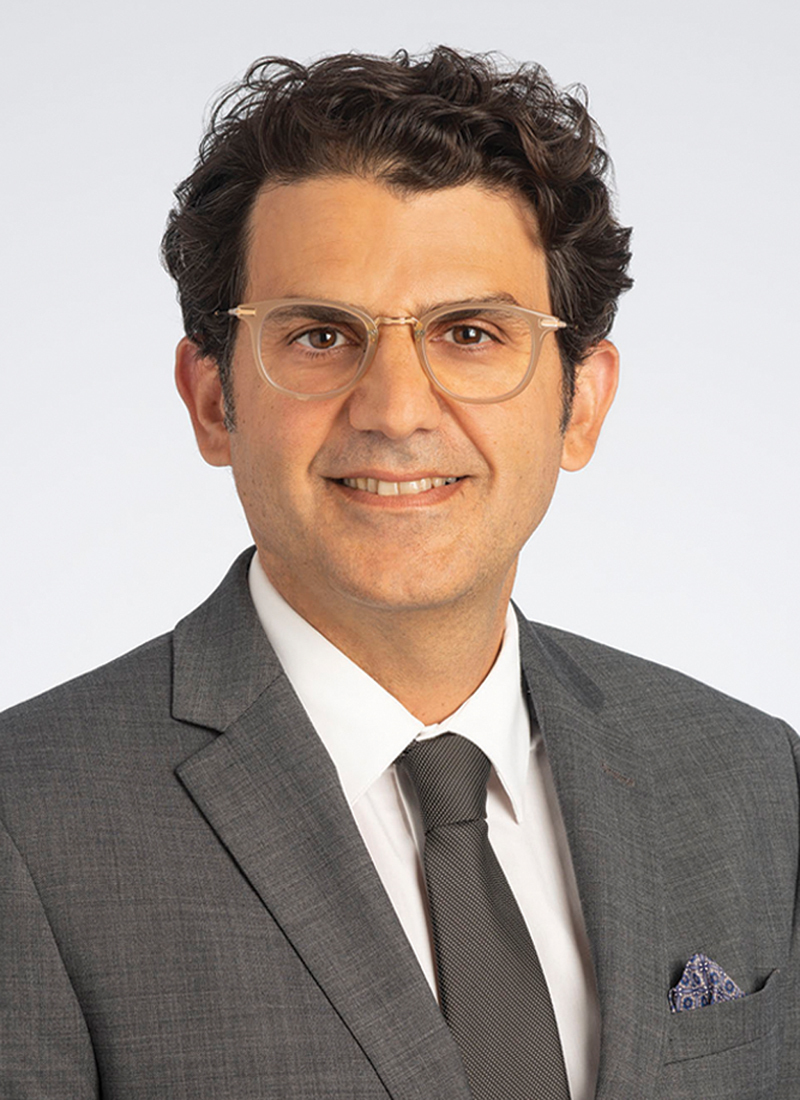Joshua Sommovilla, MD.

Emre Gorgun, MD, MBA, FACS, FASCRS.

Over the past several decades, nearly every aspect of rectal cancer treatment has been shaped by rigorous debates over controversial aspects of patient care and disease management. These debates, geared toward optimizing our patients' survival and quality of life, have led over time to some areas of consensus and created standards-of-care such as the technique of total mesorectal excision and utilization of neoadjuvant radiation in locally advanced rectal cancer. Many hotly debated topics, however, have failed to produce clear consensus. In other areas, improved knowledge and advances have generated subsequent, more refined, differences in opinion. In particular, the increasing adoption of “total neoadjuvant therapy” and “watch-and-wait” has allowed for even more opportunity for nuance and differences of opinion in the multidisciplinary rectal cancer management.
In this issue of Clinics in Colon and Rectal Surgery [issue theme: Controversies in Rectal Cancer], we explore some of the current areas of vibrant debate in rectal cancer management. The controversies we discuss permeate all stages of disease, from early to locally advanced and metastatic. Furthermore, as rectal cancer is a disease that requires treatment from experts of multiple disciplines, the debates around optimal rectal cancer care also involve experts from diverse backgrounds. The controversies discussed in this issue involve several modalities of rectal cancer treatment and aspects of rectal cancer care, including surgical technique and decision-making, radiation, systemic treatment, genetics, and shared decision-making.
We are tremendously grateful to the group of thought leaders in rectal cancer who agreed to participate in this issue by thoroughly investigating these hotly debated topics. We thank them deeply for their efforts to discuss the best available evidence and their personal expertise with minimal application of personal bias. We are also extremely grateful to the editor-in-chief, Dr. Scott Steele, for affording us the opportunity to dive into these debates as guest editors of this Clinics of Colon and Rectal Surgery issue. Finally, we would like to thank our readers, whose passion to provide the best possible future care to rectal cancer patients makes this issue possible.


